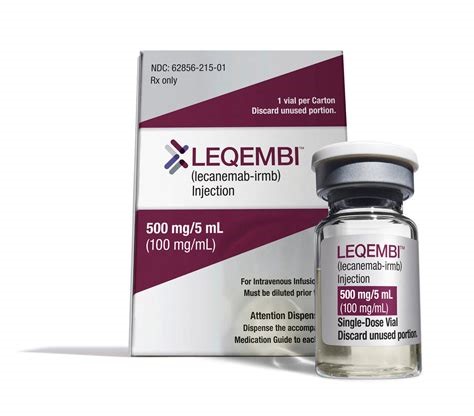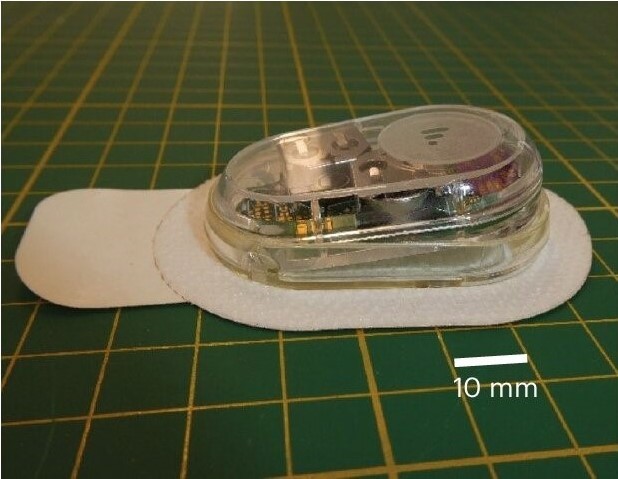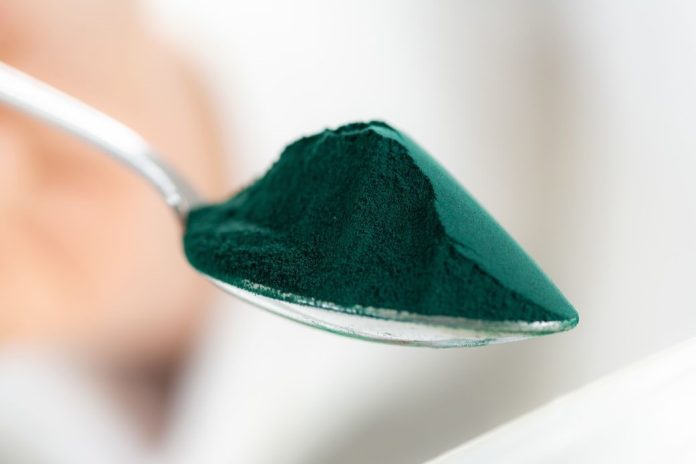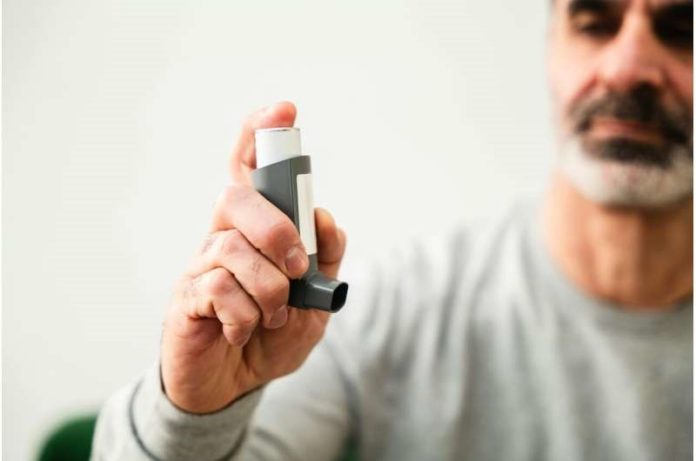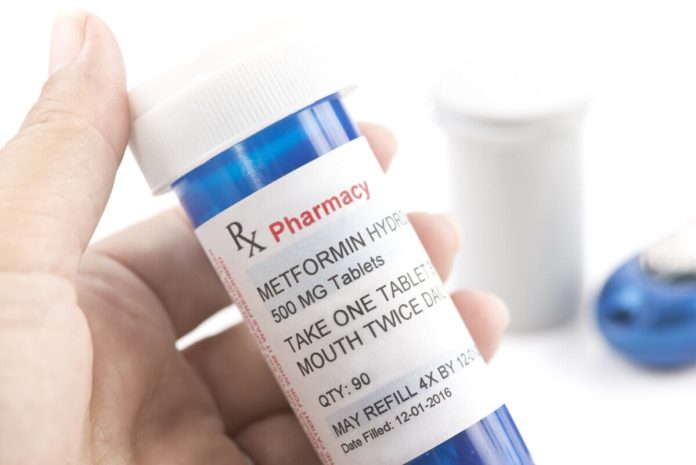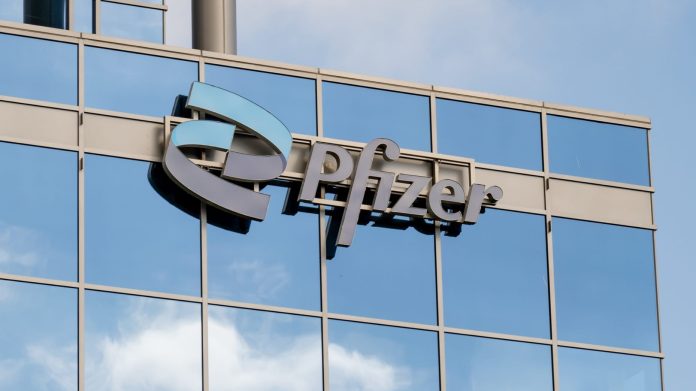Patients still benefit from Eisai and Biogen Alzheimer’s drug after four years, study finds
-Eisai and Biogen’s Alzheimer’s drug Leqembi continued to slow progress of the disease with no new safety issues four years into treatment, according to new data presented at a medical meeting on Wednesday.
An injectable version of the drug, currently given by intravenous infusion, is under U.S. regulatory review.
In a pivotal trial of patients with early-stage Alzheimer’s, Leqembi was shown to slow cognitive decline by 27% compared to a placebo after 18 months – data that supported the drug’s U.S. approval in 2023.
The companies continued to follow about 95% of patients enrolled in that trial. The latest results show that after four years, Leqembi slowed cognitive decline by 34% compared to what would be expected in similar patients who did not receive treatment.
Leqembi targets protofibrils – toxic building blocks that eventually form clumps in the brain known as amyloid plaques, a hallmark of Alzheimer’s disease.
There were no new safety findings over the four-year period. Brain swelling and bleeding associated with drugs that work by removing amyloid plaque from the brain largely occurred within the first six months of treatment, according to data presented at the Alzheimer’s Association International Conference in Toronto.
He said the new formulation “will be very helpful to starting new patients” on the drug, which is continuing to see “escalating usage.”
Eisai will report its latest quarterly results next week, while Biogen will report results on Thursday.

